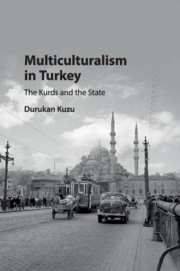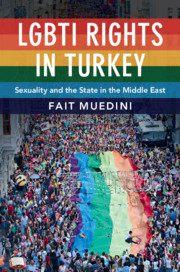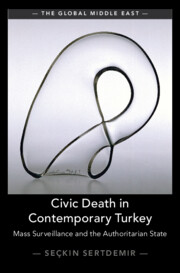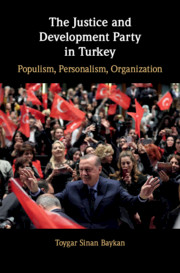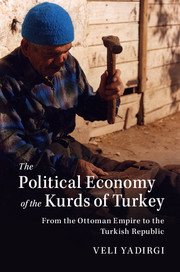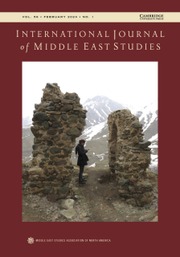Multiculturalism in Turkey
Over the past couple of decades, there have been many efforts to seek a solution to the often violent situation in which Kurdish citizens of Turkey find themselves. These efforts have included a gradual programme of political recognition and multiculturalism. Here, Durukan Kuzu examines the case of Kurdish citizens in Turkey through the lens of the global debate on multiculturalism, exploring the limitations of these policies. He thereby challenges the conventional thinking about national minorities and their autonomy, and offers a scientifically grounded comparative framework for the study of multiculturalism. Through comparison of the situation of Kurds in Turkey with that of other national minorities - such as the Flemish in Belgium, Québécois in Canada, Corsicans in France, and Muslims in Greece - the reader is invited to question in what forms multiculturalism can work for different national minorities. A bottom-up approach is used to offer a fresh insight into the Kurdish community and to highlight conflicting views about which form the politics of recognition could take.
- Approaches multiculturalism in Turkey in an original light, going beyond existing approaches to offer a new critical perspective
- Bridges the gap between political theory and social science in the context of self-government and national minorities
- Addresses the political accommodation of the Kurds in Turkey
Reviews & endorsements
‘Well-researched, thoughtful, and, thankfully, historically-rooted analysis of the Kurds and multiculturalism in Turkey. Must read for anyone interested in understanding the future of the Kurdish issue in Turkey.' Soner Cagaptay, The Washington Institute for Near East Policy
Product details
March 2020Paperback
9781108405935
206 pages
229 × 150 × 12 mm
0.32kg
13 b/w illus. 1 map 2 tables
Available
Table of Contents
- 1. Introduction
- 2. The theory of national minorities: from state nationalism to multiculturalism
- 3. Multiculturalism for national minorities: one size does not fit all
- 4. Turkey's Kurdish dilemma: 'segmented forms of assimilation'
- 5. When multiculturalism does not fit: Kurds and Turkey in the 2000s
- 6. Can multiculturalism really end ethnic conflicts?
- 7. Conclusion.

